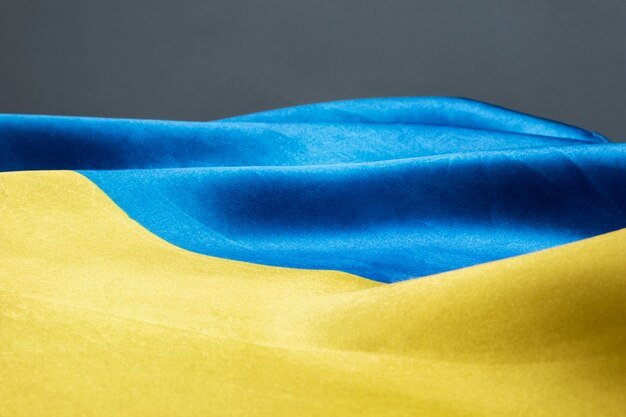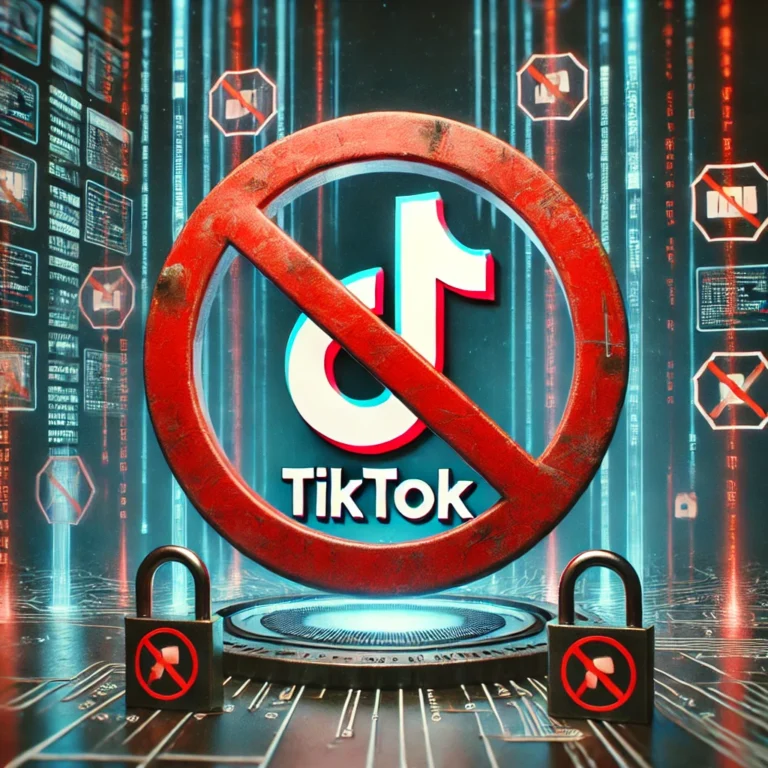
The Ukraine-Russia conflict, now stretching into its second year, continues to dominate international headlines. This ongoing war, which began with Russia’s invasion of Ukraine on February 24, 2022, has evolved into one of the most consequential geopolitical crises of the 21st century. It has reshaped alliances, disrupted global supply chains, and inflicted untold suffering on millions of people. This article delves into the latest developments, explores the implications of the conflict, and examines its impact on the global stage.
Latest Developments
Intensified Military Activity
Recent months have seen a sharp escalation in military operations. Ukrainian forces, buoyed by Western military aid, have launched counteroffensives to regain occupied territories. These campaigns, although gaining ground in some regions, have faced stiff resistance from Russian forces entrenched in key areas like the Donetsk and Luhansk regions. The battle for control over Bakhmut and other strategically significant cities has become a symbol of Ukraine’s resilience and determination.
Russia, on the other hand, has continued its aggressive strikes on Ukrainian civilian and energy infrastructure. Missile attacks on major cities like Kyiv, Kharkiv, and Odesa have led to widespread power outages and civilian casualties. These strikes are seen as an attempt to weaken Ukraine’s resolve and its ability to sustain military operations during the harsh winter months.
Diplomatic Stalemates
Despite repeated international calls for a ceasefire, diplomatic negotiations have made little progress. Both sides remain entrenched in their positions, with Ukraine demanding the complete withdrawal of Russian troops and the return of all annexed territories, while Russia insists on the recognition of its claims over Crimea and parts of eastern Ukraine. Recent peace talks brokered by Turkey and the United Nations have failed to produce tangible results, underscoring the deep-seated mistrust between the two nations.
Western Support for Ukraine
Western nations have continued to provide substantial military, financial, and humanitarian aid to Ukraine. The United States, European Union, and NATO allies have supplied advanced weaponry, including long-range missiles and air defense systems, which have significantly bolstered Ukraine’s defensive capabilities. However, this support has also drawn criticism from some quarters, with concerns about the risk of escalating the conflict into a broader confrontation between NATO and Russia.
Russia’s Domestic Challenges

Domestically, Russia is facing mounting pressure as the war drags on. Economic sanctions imposed by Western nations have crippled its economy, leading to a decline in industrial output and rising inflation. Additionally, reports of declining morale among Russian troops and public discontent over the prolonged conflict suggest that the Kremlin’s grip on power may be weakening.
Humanitarian Crisis
The human cost of the Ukraine-Russia conflict is staggering. According to the United Nations, millions of Ukrainians have been displaced, with many seeking refuge in neighboring countries like Poland, Romania, and Moldova. The war has destroyed homes, schools, and hospitals, leaving countless families in dire need of assistance. International aid organizations have been working tirelessly to provide food, shelter, and medical care to those affected, but the scale of the crisis has stretched resources to their limits.
In addition to the immediate humanitarian needs, the war has also created long-term challenges. The destruction of critical infrastructure, including water and energy systems, has left many Ukrainian cities struggling to rebuild. Furthermore, the psychological impact of the conflict, particularly on children and vulnerable populations, will likely have lasting repercussions.
Global Implications
The Ukraine-Russia conflict has far-reaching consequences that extend beyond the borders of the two countries.
Energy Crisis
One of the most significant global impacts has been the disruption of energy supplies. Russia, a major exporter of oil and natural gas, has weaponized its energy resources by cutting off supplies to Europe. This has led to soaring energy prices and prompted European nations to accelerate their transition to renewable energy sources. While this shift may reduce Europe’s dependence on Russian energy in the long term, it has created short-term challenges, including energy shortages and higher living costs.
Food Security
The war has also exacerbated the global food crisis. Ukraine and Russia are among the world’s largest exporters of wheat, corn, and sunflower oil. The conflict has disrupted agricultural production and exports, leading to food shortages and rising prices, particularly in developing countries. Efforts to establish safe corridors for grain shipments from Ukraine’s Black Sea ports have faced repeated obstacles, further complicating the situation.
Geopolitical Realignments
The conflict has reshaped global alliances and power dynamics. NATO has experienced a resurgence in unity and purpose, with Finland and Sweden abandoning decades of neutrality to seek membership. Meanwhile, Russia has deepened its ties with China, Iran, and other nations critical of Western policies. These realignments could have long-term implications for global stability and security.
What Lies Ahead?
The Ukraine-Russia conflict shows no signs of abating. The coming months will likely see continued military engagements, with both sides seeking to gain an advantage on the battlefield. The international community remains divided on how to bring an end to the war, with some advocating for increased pressure on Russia through sanctions and military aid to Ukraine, while others call for renewed diplomatic efforts to achieve a negotiated settlement.
For Ukraine, the road to recovery will be long and arduous. Rebuilding the nation will require not only financial support but also sustained international solidarity. For Russia, the conflict has exposed vulnerabilities that could have far-reaching implications for its domestic stability and global standing.
Conclusion
The Ukraine-Russia conflict is a tragic reminder of the devastating consequences of war. It has caused immense suffering, destabilized global economies, and reshaped the geopolitical landscape. As the world watches and debates the best course of action, one thing is clear: the path to peace will require unwavering commitment, courage, and compromise from all parties involved. Until then, the conflict will continue to test the resilience of nations, the strength of alliances, and the hope for a better future.






